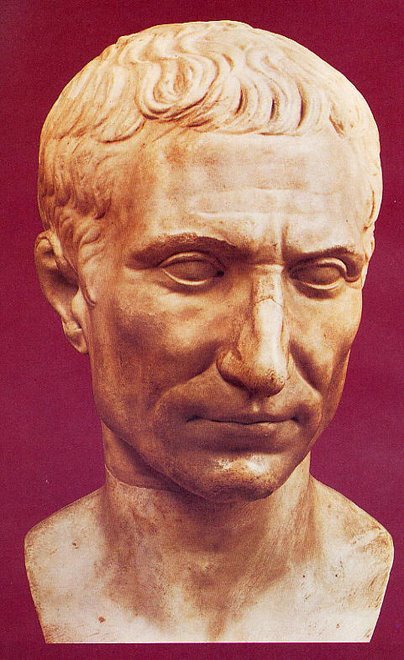Who Should Stand in Judgment?

Who has the right to decide the fate of man? Many would argue that only God has the right to decide the course of life, others would argue that there is no 'God' and that man determines his own course. So where does that leave the fate of Saddam Hussein? Was Saddam an evil man? I would think that under the criteria and moral compass of modern man, few would argue that point. History will undoubtedly categorize him with the likes of Adolf Hitler, Joseph Stalin, & George W. Bush. Who of the previously mentioned is not responsible for the death of thousands of men, women, & children? But we will let the esteemed pseudo-president have a day off today, as he is not the focus of this entry & will only be referenced in connection with the fringe right-wing whackos that he represents.
The philosopher Marcus Aurelius often reflected upon the role that man played on his environment & the natural course of life played by man therein. Aurelius said, "The longest-lived and the shortest-lived man, when they come to die, lose one and the same thing." (II, 14) On a day as today where the mob will celebrate death, it may be worthwhile endeavor to give the issue a bit more thought.
Is the world a better place now that Saddam Hussein is out of power? For the majority of people in Iraq, the answer is yes. His removal from power and the imperial self-indulgence of the United States are more challenging questions that deserve their own discourse. It is enough to say that most people are amenable to the suggestion that the pseudo-president & his 'men' intervened in others affairs--at the cost of thousands of lives & billions of dollars (but george got his man)--and that the world is a far worse place than it was before. Still, beyond the obvious, there is the question of just & justice.
Was the United States 'just' in their actions? Do the ends always 'justify' the means? george's boys Hitler & Stalin would agree with that premise but maybe we shouldn't. Will Iraq ultimately be better off without a mad dictator in power; the answer to that question is probably, depending upon whether or not the pseudo-president is removed from the office (he never rightly possessed) and imperial powers leave the region, but I digress. Justice...if one accepts the premise that bad people should be removed from positions of power so that they cannot hurt others, than two questions should become immediately apparent:
- Is it necessary to kill an emasculated & powerless person regardless of his previous actions?
- Why is the pseudo-president still in a position of power in the United States?
The latter question has been addressed in part & will be given its own consideration at a later date, while the former begs query.There are many justifications behind the concept of capital punishment. Hammurabi's Code suggested--at least in principle--which what one does one should expect to receive. Most mainstream religions suggest something to the effect of doing onto others as you would have done to you, and modernists believe that simply removing the danger from society is not enough.
It is this last notion that applies to Saddam. Obviously he is no longer a threat to the people of Iraq or the world at large. Furthermore, his removal from power was supposed to be the first step towards imposed democracy. But what does his death accomplish? Did a noose around his neck bring back the thousands he killed, had killed, tortured, etc? If you accept that the Nuremberg trials & executions were done to deter future atrocities, then explaining the rise of Saddam, Bosnia, Africa become somewhat more complicated. If administering death were the key to preventing it, then the pseudo-president's "home" state would be murder free. Unfortunately for Bible-thumpers & natives of Grand Rapids, the empirical evidence simply doesn't support the theory.
The truth, as it pertains to the administration of death, is that it makes its administrators feel better. The United States put Saddam in power, supported him in office, & when American policy goals changed, so too did American support. The United States disregarded Hitler b/c the govt felt that Hitler could be a good buffer against Stalin. Nations act for the sake of self-interest & policy. There is nothing wrong with acknowledging this truth at the core of all nation-states. But when a nation supports a policy, say Osama or Saddam, it becomes incumbent upon the nation to stand by their actions, regardless of the outcome. The noose the Americans placed around the Nazi's is the same as the one that gripped Saddam. Yet the noose is not what the key ingredient that Nazi's and Saddam had in common; it was American Complicity.
To the victors go the spoils & the right to write history; I am sure that the view of America will differ thirty years from now, but what of the truth? The world is better off without the 3rd Reich and Saddam Hussein. Yet I think the world would be better still if American Imperialism would revise its policy & be accountable for its policies.




